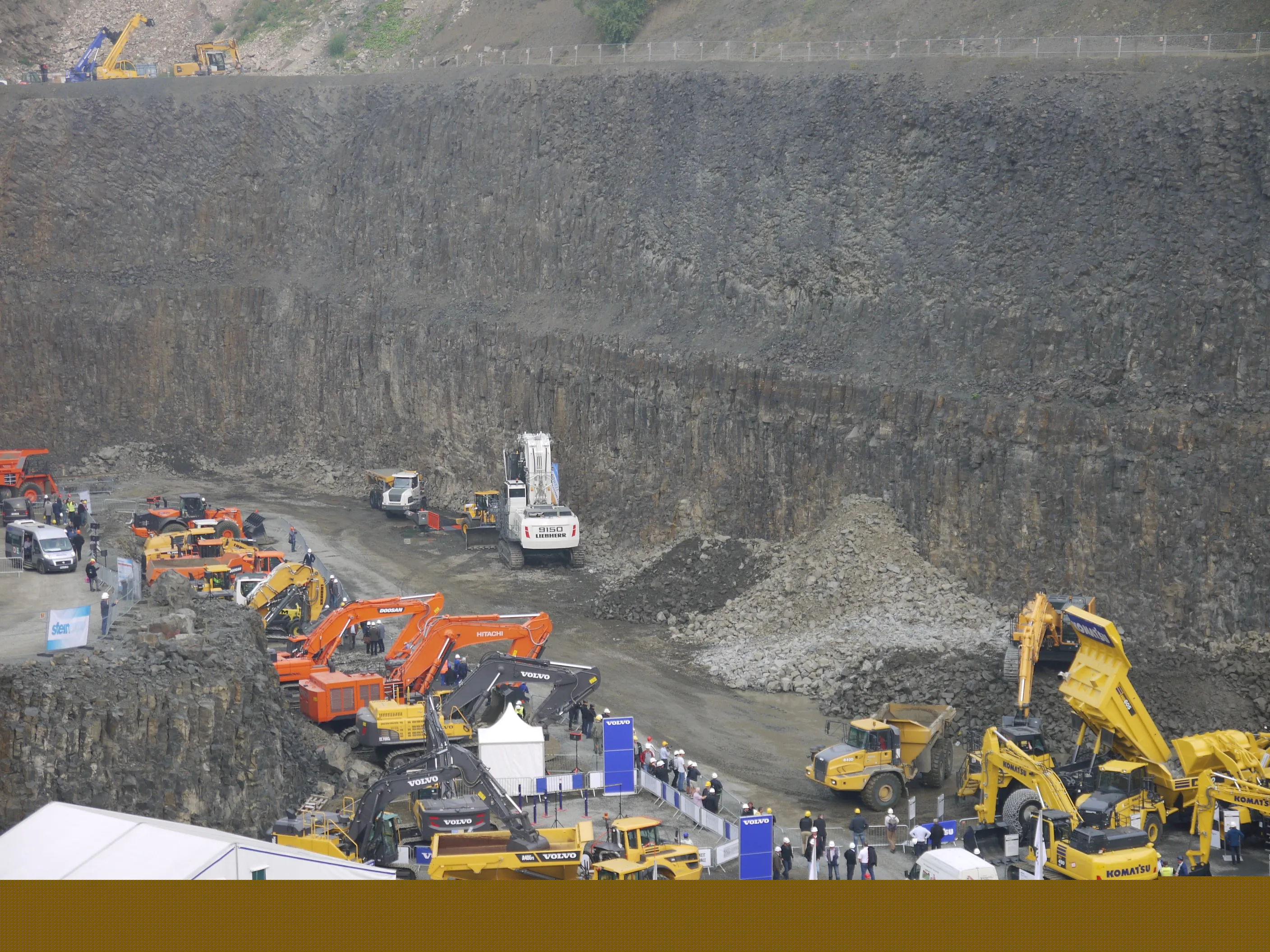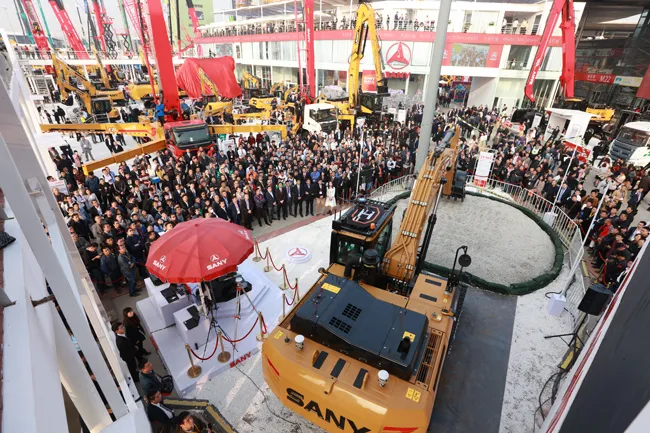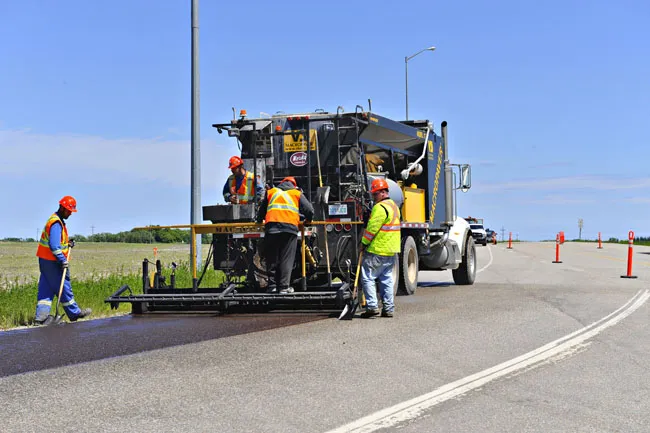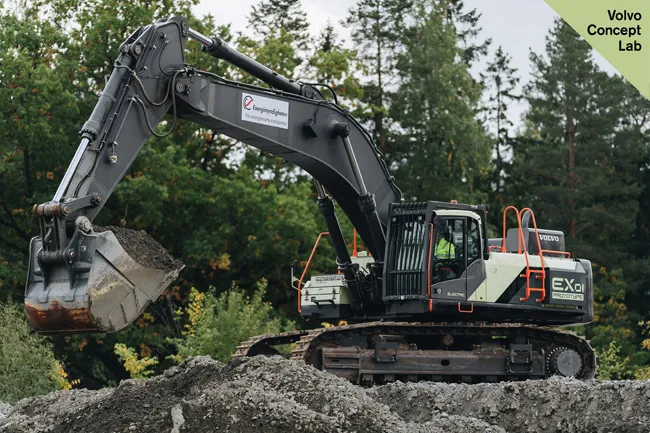
The market for earthmoving equipment is booming, according to a report by the German construction machine manufacturers association, the
He made this statement at the Steinexpo quarrying machinery show in Germany, explaining that sales are however lagging behind in the market for mineral Processing technology. However he said that he thinks the sector will see an upturn. The suppliers to the raw materials industry have had a hard time. After a year of weak turnover in 2016, the sector is now expecting better business and a widespread upturn by 2018 at the latest. In 2016, processing technology worth around €700 million was produced in Germany. That is 16% below the record level of 2011. Machines and systems worth only €200 million remained in Germany and 73% of this output was exported.
He continued by explaining that the benefits of new technology will change the industry. Today, innovation processes are being driven more than ever by digitalisation. “Compared to other industries, the construction equipment and building material machinery industry has a long way to go.”
He said that this is due to the complexity of construction sites. Many mechanical engineers offer digitalised fleet management, remote maintenance, assistance systems and even driverless machines, but these solutions are manufacturer-specific and not compatible. Therefore, his Association is now pushing for a wider approach which focuses on customers, regardless of the technologies, brands and machines they use. “With new standardised and Industrie 4.0-compatible networking options, we want to utilise the potential for new, future-oriented business models and more efficiency,” said Schmid. In the coming years, together with the construction equipment manufacturers, international digital standards for communication between construction equipment and building materials machines from different manufacturers and brands are to be developed and established. At the same time, the Forschungsvereinigung Bau- und Baustoffmaschinen (Research Association for Construction Equipment and Building Material Machinesry – FVB), which is tied to the VDMA, is initiating a research project to study and develop innovative, powerful and flexible machine and communication technologies to support the medium-sized industry with the implementation of the Industrie 4.0 guiding principles for construction sites. Existing models and structures such as BIM or RAMI are to be used and adopted to sector-specific general requirements.









